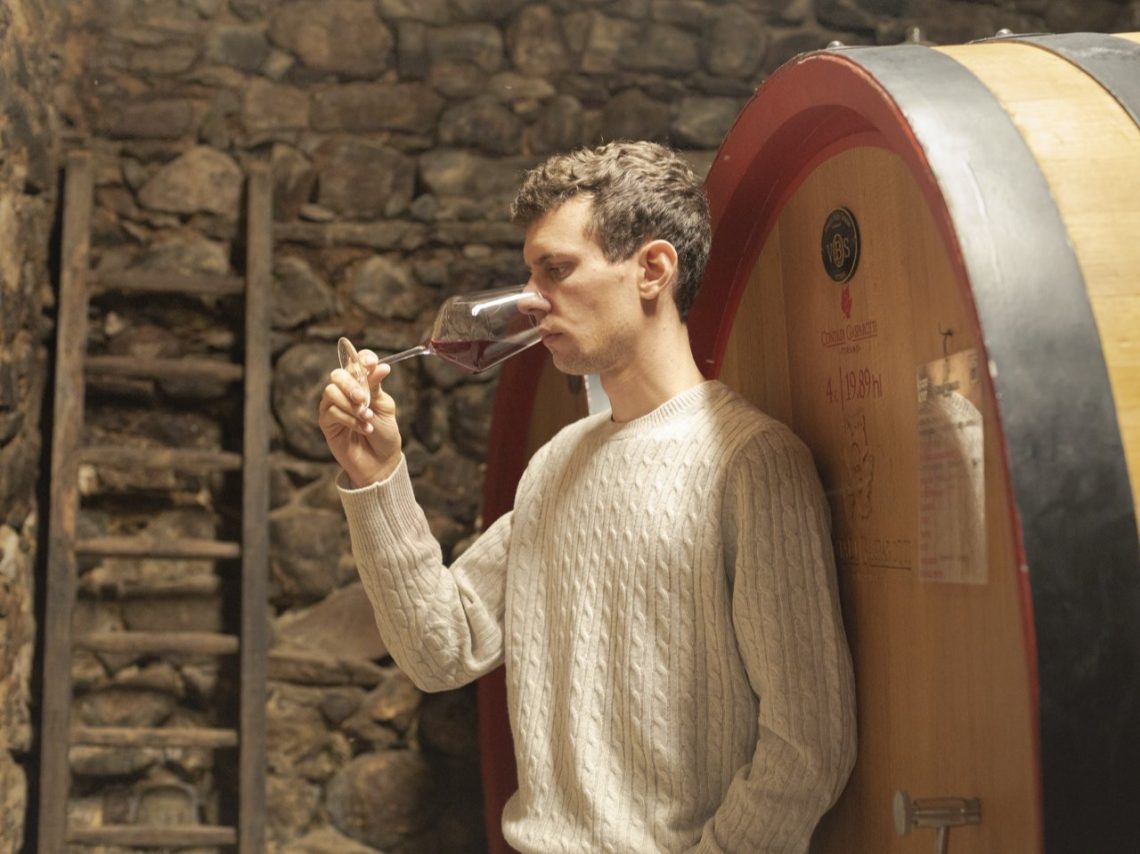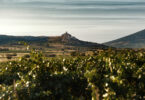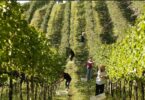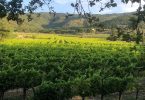The Wolf Post, supported by a Cultural Association, offers a professional service with free access, without subscription.
For this reason, a donation would also be a sign of appreciation for our work.
“The Wolf Post”, has already highlighted, in previous interviews, how climate change was a reality to deal with today and no longer tomorrow.
Summer 2022 will be remembered in Europe, especially in the southern side of the continent, as the hottest and driest. The difference compared to other seasons, such as last summer, lies in the duration of the high temperatures.
Drought is putting a strain on agriculture and the wine sector is not excluded. In Italy, the North has to deal with a new reality such as water rationing. The coming summers could be even hotter.
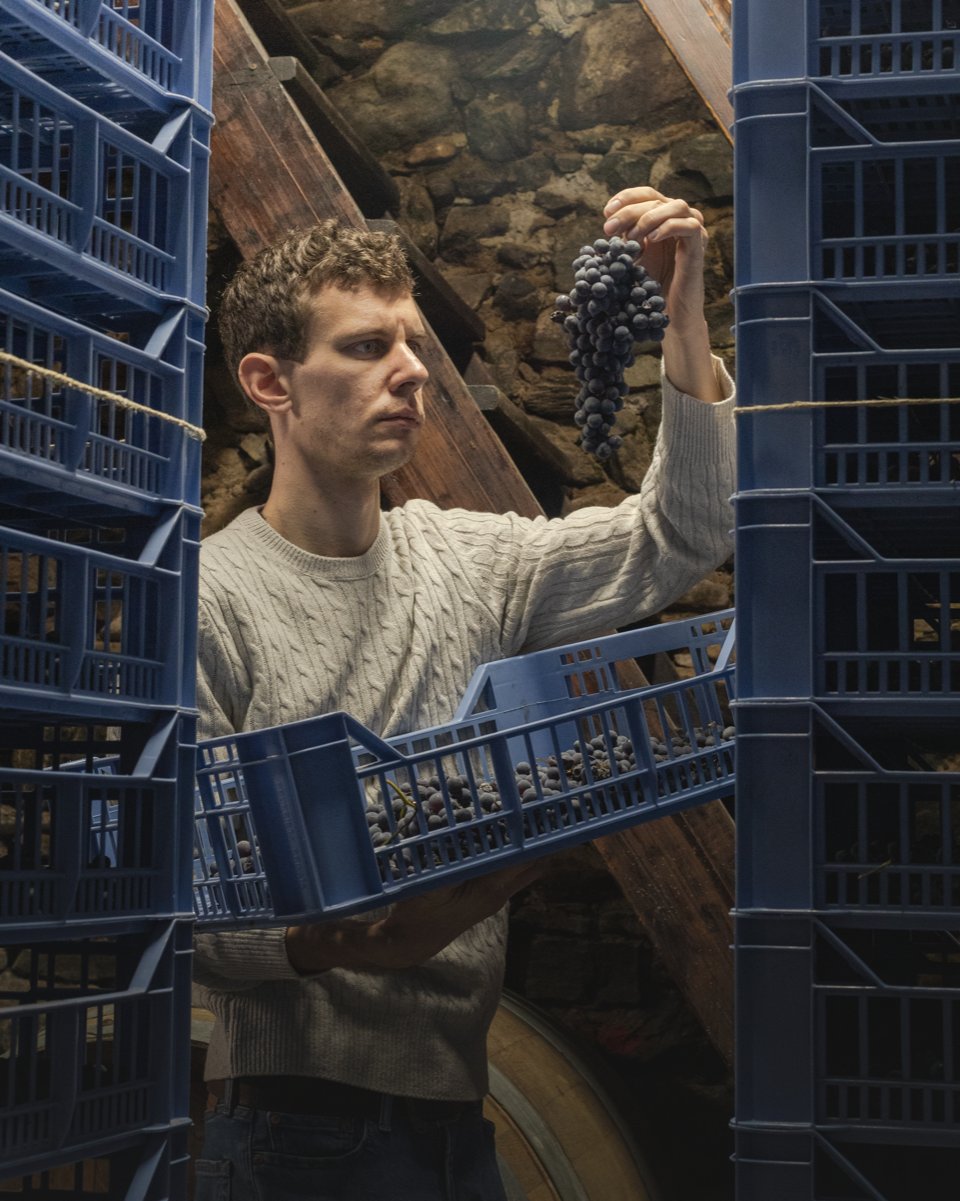
© Gabriele Valota Enologo
The challenges for the winemaker are many. We ask the crucial figure of the sector to think about the current issue and problems.
The thought of the oenologist Gabriele Valota.
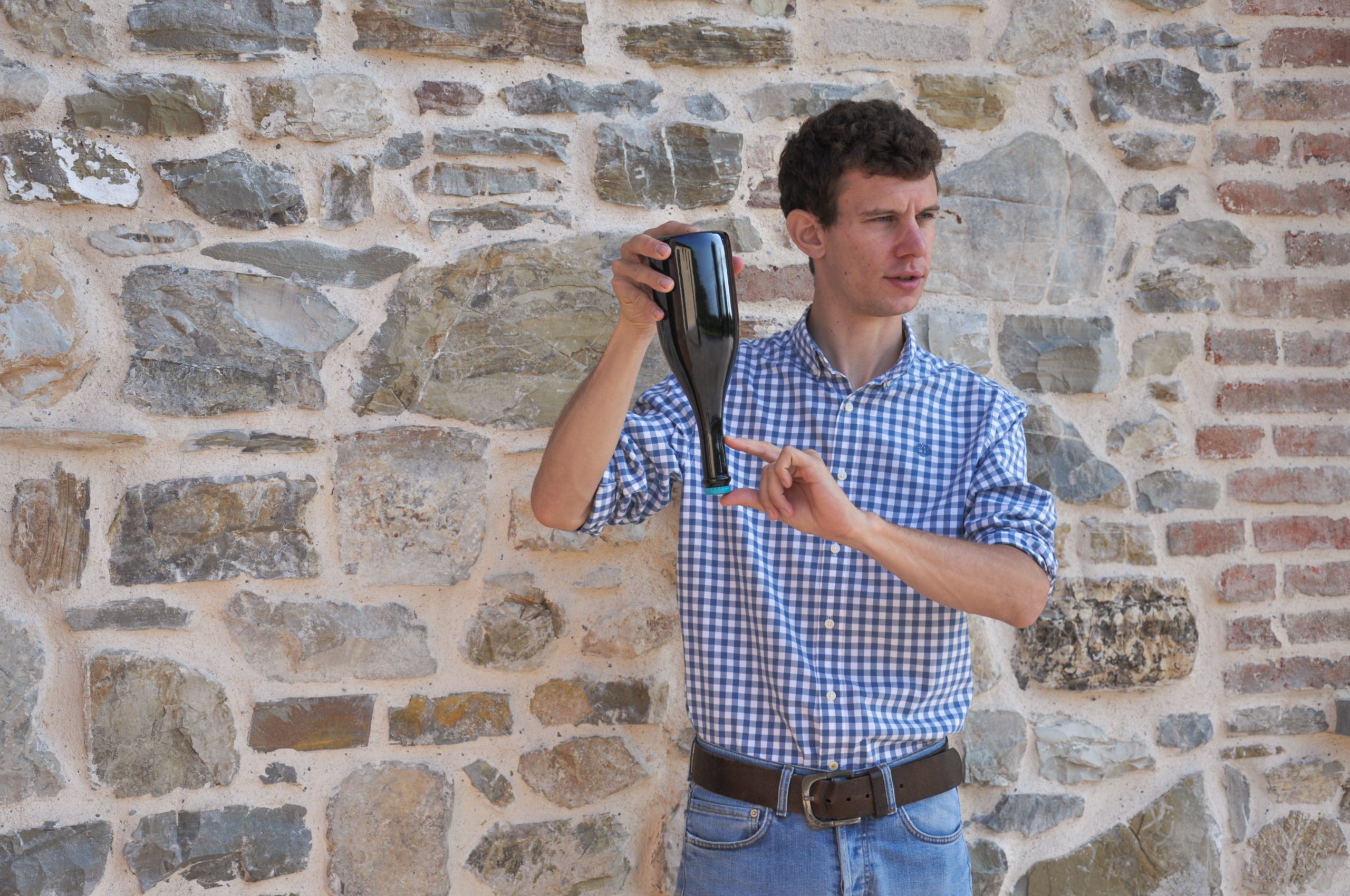
© Gabriele Valota Enologo
Summer 2022: what difficulties, due to drought and the persistence of heat, are you currently experiencing in your work?
The greatest difficulty I am facing is related to drought. The lack of water is putting a strain on not only the plant’s ability to synthesize aroma precursors, polyphenols and sugars, but also the entire production. In this period, several varieties are starting to ripen or have almost finished ripening. If the absence of water persists for a long time, I fear that during the harvest we will have to process bunches that are not fully ripe and with a strong unevenness from plant to plant.
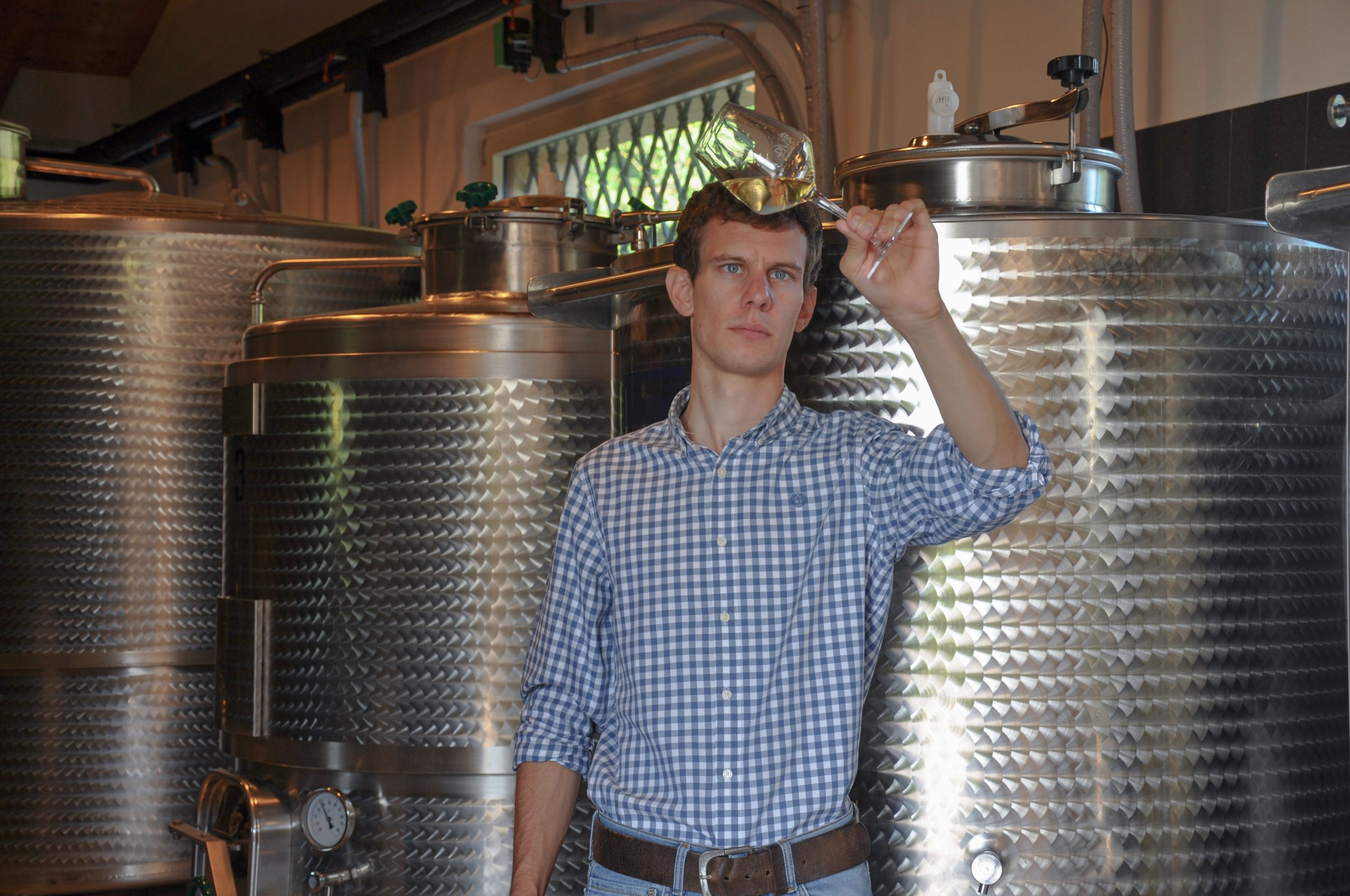
© Gabriele Valota Enologo
How are you dealing with any emergencies, also in view of the harvest?
Where possible, the quickest and most effective intervention is to resort to emergency irrigation. This year is difficult to carry out due to lack of water. Where it is not possible to resort to emergency irrigation, it is necessary to lighten the plants from the productive load and implement all those agronomic practices capable of preserving and limiting evapotranspiration from the leaves and the capillary rise of the water towards the most superficial layers of the soil.
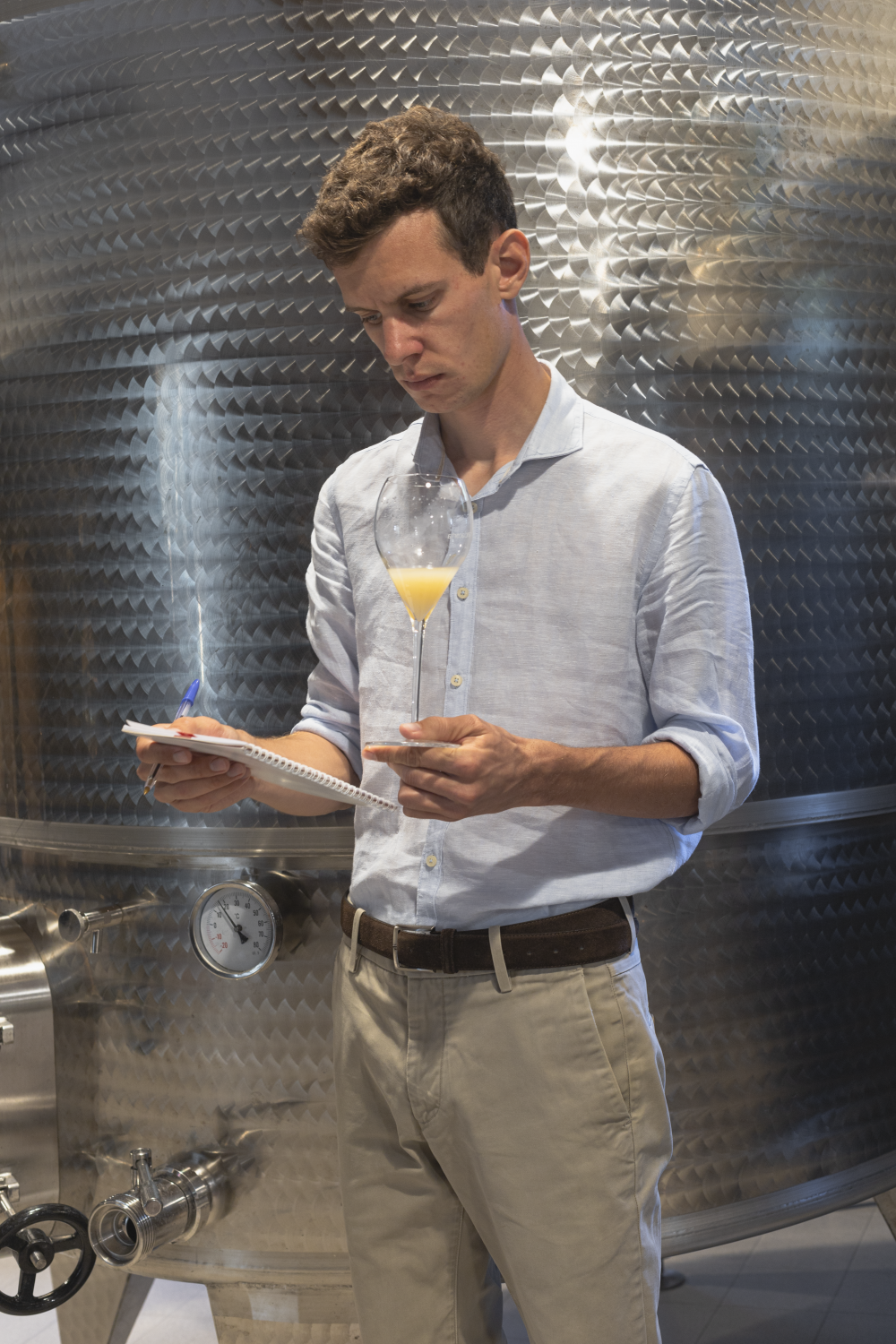
© Gabriele Valota Enologo
Differences in criticality between vineyards in the north and south (the latter used to extreme temperatures and drought)?
Certainly, the vineyards in the north, being less affected by frequent droughts and extreme temperatures, are suffering more from the current climatic trend. The first symptoms of water stress appeared in June, first with the yellowing and then with the drying of the basal leaves, especially in those vineyards planted on sandy soils and / or very rich in skeleton. Today, in these vineyards there is already evidence of damage from withering of the bunch and in some cases, the plants have already dried up the bunch, effectively abandoning production. It’s about survival.
In the South, even if the situation remains critical, the stresses are more limited. The native varieties have had decades to naturally adapt to arid climates. In addition, for several years now, drought-resistant rootstocks have become increasingly popular. All this today makes it possible to more easily contrast vintages with climatic anomalies like this one.
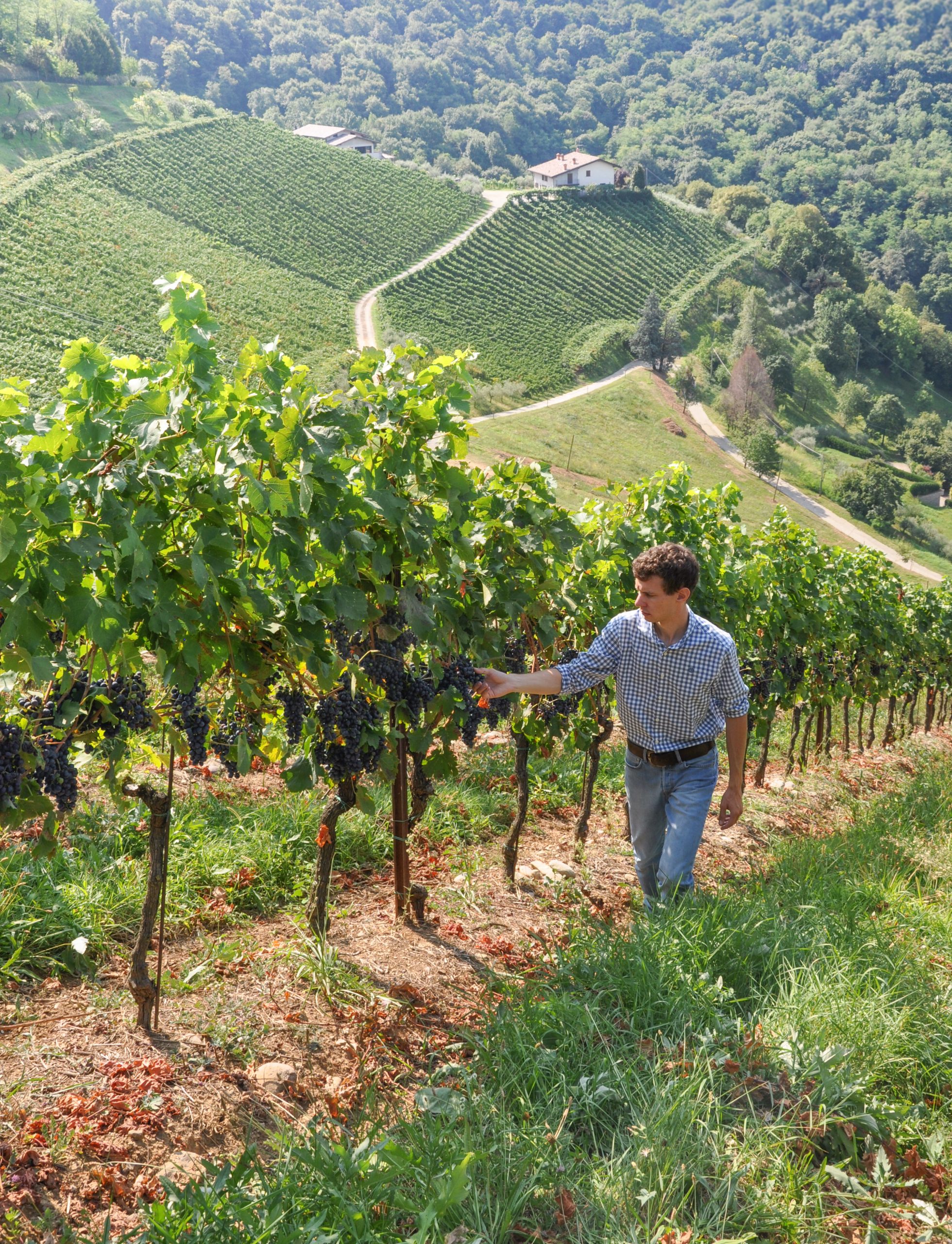
© Gabriele Valota Enologo
How does your work adapt in view of times when the climate, both in summer and in winter, will increasingly (and not positively) affect the work of agricultural entrepreneurs?
I focus a lot on professional updating and on expanding knowledge in viticulture and oenology, staying close to universities and research institutes, experimenting with new agronomic practices and new resistant varieties.
Often, the problems we experience today in other parts of the world have already been fully or partially addressed and solved. Think, for example, of the arid – viticulture practiced in Israel.


